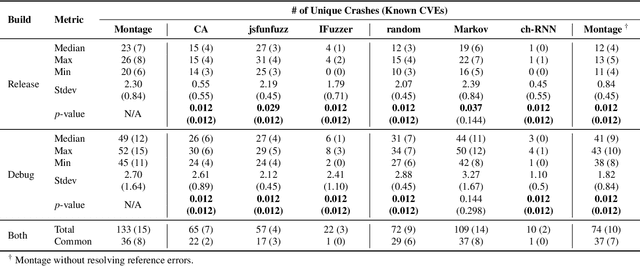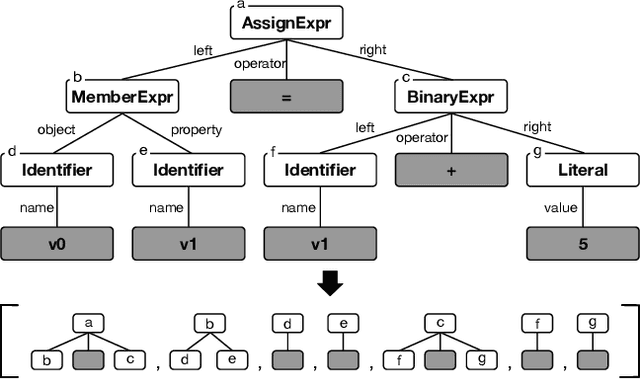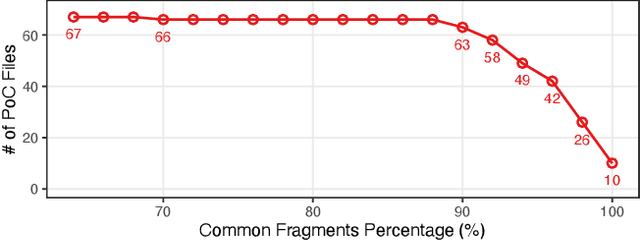HyungSeok Han
ATLANTIS: AI-driven Threat Localization, Analysis, and Triage Intelligence System
Sep 18, 2025



Abstract:We present ATLANTIS, the cyber reasoning system developed by Team Atlanta that won 1st place in the Final Competition of DARPA's AI Cyber Challenge (AIxCC) at DEF CON 33 (August 2025). AIxCC (2023-2025) challenged teams to build autonomous cyber reasoning systems capable of discovering and patching vulnerabilities at the speed and scale of modern software. ATLANTIS integrates large language models (LLMs) with program analysis -- combining symbolic execution, directed fuzzing, and static analysis -- to address limitations in automated vulnerability discovery and program repair. Developed by researchers at Georgia Institute of Technology, Samsung Research, KAIST, and POSTECH, the system addresses core challenges: scaling across diverse codebases from C to Java, achieving high precision while maintaining broad coverage, and producing semantically correct patches that preserve intended behavior. We detail the design philosophy, architectural decisions, and implementation strategies behind ATLANTIS, share lessons learned from pushing the boundaries of automated security when program analysis meets modern AI, and release artifacts to support reproducibility and future research.
Montage: A Neural Network Language Model-Guided JavaScript Engine Fuzzer
Jan 14, 2020



Abstract:JavaScript (JS) engine vulnerabilities pose significant security threats affecting billions of web browsers. While fuzzing is a prevalent technique for finding such vulnerabilities, there have been few studies that leverage the recent advances in neural network language models (NNLMs). In this paper, we present Montage, the first NNLM-guided fuzzer for finding JS engine vulnerabilities. The key aspect of our technique is to transform a JS abstract syntax tree (AST) into a sequence of AST subtrees that can directly train prevailing NNLMs. We demonstrate that Montage is capable of generating valid JS tests, and show that it outperforms previous studies in terms of finding vulnerabilities. Montage found 37 real-world bugs, including three CVEs, in the latest JS engines, demonstrating its efficacy in finding JS engine bugs.
 Add to Chrome
Add to Chrome Add to Firefox
Add to Firefox Add to Edge
Add to Edge